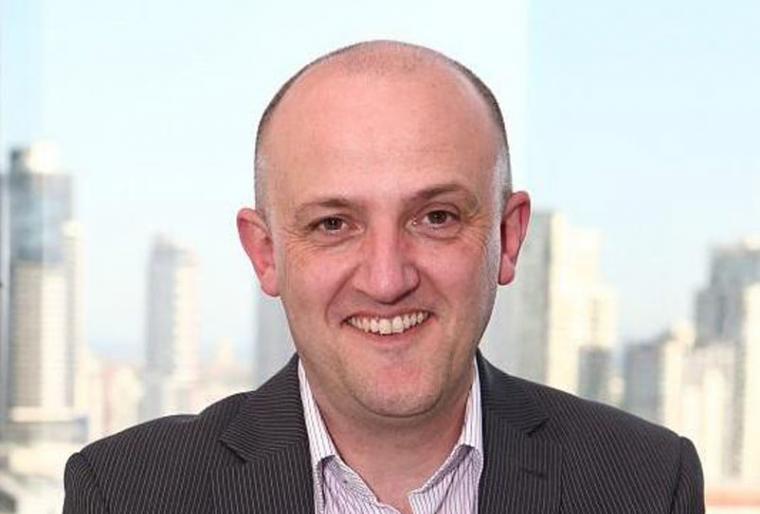Less than two years ago, Mike Burgess was the chief information security officer within Australia’s largest telecommunications carrier Telstra. From the middle of next month he will become the nation’s most senior intelligence officer, and arguably the powerful in our history.
Prime Minister Scott Morrison on Thursday announced the appointment of Mr Burgess to lead the Australian Security and Intelligence Organisation as director-general of security, replacing the outgoing director-general, former Special Forces soldier Duncan Lewis.
The appointment is a testament to just how fast the world is turning inside cyber, and the pace of the technology change that is driving cyber defensive and offensive capability. It also demonstrates how central technical capability has become to intelligence gathering capability.

Mr Burgess, the current director-general of the Australian Signals Directorate (ASD) where he has led work across the spectrum of operations required of a contemporary signals intelligence and security agency, including foreign intelligence, cyber security and offensive operations in support of the Australian Government and Australian Defence Forces.
Mr Burgess has previously served as a member of the Federal government’s Naval Shipbuilding Advisory Board, deputy director for Cyber and Information Security at the Defence Signals Directorate (the precursor to today’s ASD) and as CISO at Telstra.
“He brings a wealth of knowledge and understanding of Australia’s national information, intelligence and security landscape gained through many years of experience spanning public service and private industry,” the Prime Minister said on Thursday.
Mr Burgess will lead a technology overhaul of the domestic spy agency, bringing new digital capability and cyber spycraft to the agency. He has already been instrumental in overhauling the posture of the ASD as it became a statutory agency within Defence, and more public-facing in its operations.
Under Mr Burgess, the ASD has become more transparent in its operations. Perhaps ironically for Australia’s oldest and most secretive intelligence agency (the government refused to even confirm it existed until 1977), the ASD joined Twitter a year ago under Mr Burgess’ watch.
The ASD’s first tweet last October read “Long time listener, first time caller” as the directorate came out of the shadows.
Considered a hawk within the defence-intelligence establishment, Mr Burgess was a prime driver of both the controversial TOLA Assistance and Access encryption legislation, as well as the banning of Huawei and ZTE from the 5G network roll-out in Australia. And yet he has consistently pushed a greater level of transparency within ASD in order to build the trust of both the Parliament and the Australian people.
The fine line that Mr Burgess has walked embodies the ASD’s forward-leaning motto: “Reveal their secrets. Protect our own.”
In a speech to the Australian Strategic Policy Institute last October, Mr Burgess outlined the twin themes that have shaped thinking in intelligence circles – the shift in strategic and economic power toward Asia, including the centres for expertise for technology, research and development.
“This brings with it a wealth of opportunities for Australia as we advance our digital economy and trade relationships,” Mr Burgess said.
“However, it also changes the industrial base we rely on for critical infrastructure. We will need to be open-eyed on the potential threats that any significant change of this kind poses to Australia’s most important interests,” he said.
“It would be naive to think we can manage these strategic and technology risks by holding back change. Like everything, it is a question of finding the right balance between leveraging all the advantages that these new shifts bring – and protecting Australians, our values and our way of life.”
The appointment has bipartisan support with Labor leader Anthony Albanese and shadow home affairs minister Kristina Keneally calling Mr Burgess a respected Commonwealth intelligence official, with highly relevant national security experience both in the public service and the private sector.
“ASIO plays an important role in keeping Australians safe. As the leader of ASIO, Mr Burgess will be central to upholding Australia’s national security interests and the safety and security of the Australian people at home and abroad,” Mr Albanese and Ms Keneally said in a statement.
“This is also a position which requires fine judgement in balancing the individual rights and way of life of Australians with those security imperatives.”
Do you know more? Contact James Riley via Email.

